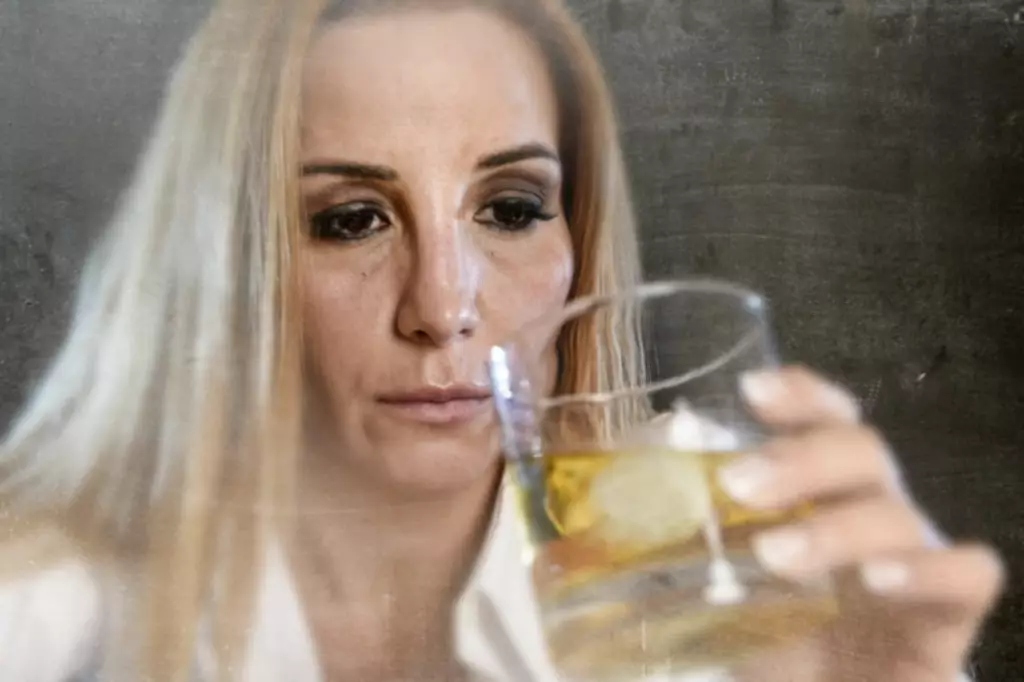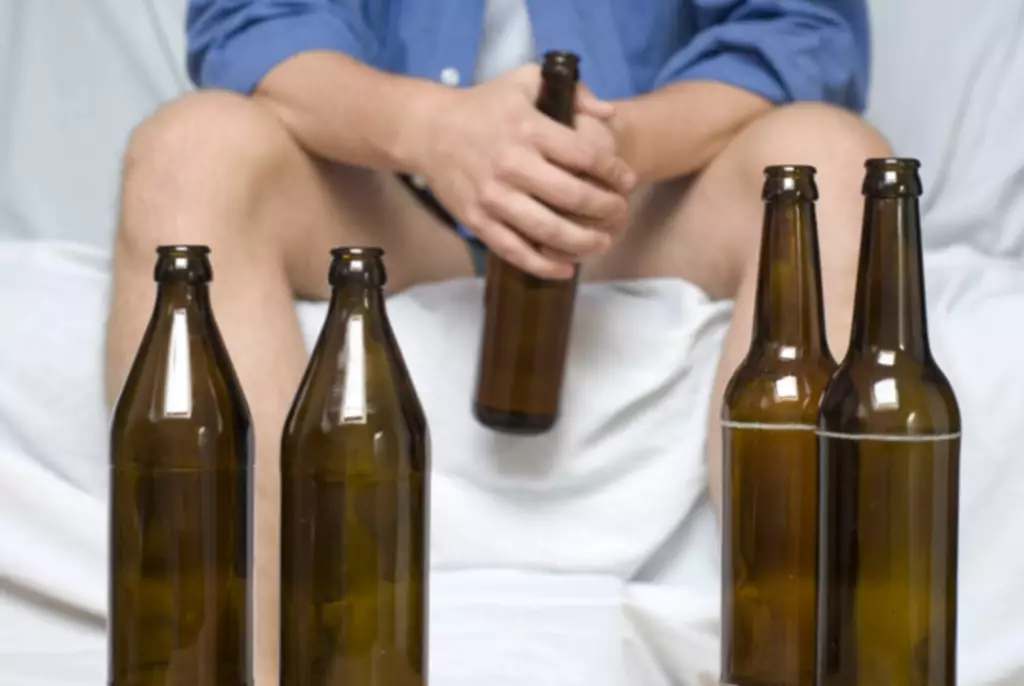You may have kidney pain after drinking alcohol due to dehydration or inflammation of your stomach lining. But it can also happen if you have other health conditions, including a kidney infection. Alcohol can induce abnormally high phosphate levels (i.e., hyperphosphatemia) as well as abnormally low levels. Alcohol consumption apparently leads to excessive phosphate levels by altering muscle cell integrity and causing the muscle cells to release phosphate. This transfer of phosphate out of muscle cells and into the bloodstream results in an increased amount of phosphate passing through the kidneys’ filtering system. In response, reabsorption of phosphate diminishes and excretion in urine increases in an effort to return blood levels of this ion to normal.
Association of monthly frequency of alcohol consumption and binge drinking with change in the eGFR over 12 years
They also help fend off inflammation and support healthy metabolism. It may also be a good idea to encourage your friends and family into social activities where alcohol is not central. This then has an impact upon that person’s social life, and then upon how that person feels. how does alcohol affect the kidneys Most people do well when they have others around them for support but also when they are involved in the kinds of activities that help them feel “normal”- a person first, and a renal patient second. If you have CKD, you may eventually require dialysis or a kidney transplant.
Potential Mechanisms of Alcoholic Kidney Injury: Lessons From Experimental Studies
Within each nephron, blood plasma enters a tiny ball of unusually permeable capillaries (i.e., the glomerulus), filters into a capsule that surrounds the glomerulus, then flows through a long, looping conduit called the nephron tubule. AKF works on behalf of the 37 million Americans living with kidney disease, and the millions more at risk, to support people wherever they are in their fight against kidney disease — from prevention through post-transplant living. However, we should be aware that alcohol also can contain harmful substances.
- The kidneys have an important job as a filter for harmful substances.
- Alcohol can perturb these controls, however, to a degree that varies with the amount of alcohol consumed and the particular mechanism’s sensitivity.
- The health impact of increasing trends of high blood pressure translated to 10.8 million avoidable deaths annually and 235 million years of life lost or lived with disability.
- A national survey in the September 2020 issue of JAMA revealed that people 18 and older were consuming alcohol more often.
The Emotional Impact of CKD
Your kidneys are complex, performing several important jobs to keep you healthy. Unfortunately, alcohol has the potential to interfere with each of these functions. Try swapping out alcoholic drinks for alternative beverages such as juices and teas. Coconut water, apple cider vinegar drinks, and hot chocolate are great options. You can make mocktails in a fancy glass if you want to drink something special, especially in social situations. You may wish to swap out hard liquor for beer or wine, since these have a lower alcohol content.
How Long Do You Have to Drink Alcohol to Damage Your Kidneys?
Additional research is needed to clarify if alcohol does indeed promote kidney injury and the mechanisms by which alcohol-induced kidney injury may occur. Both acute and chronic alcohol consumption can compromise kidney function, particularly in conjunction with established liver disease. Investigators have observed alcohol-related changes in the structure and function of the kidneys and impairment in their ability to regulate the volume and composition of fluid and electrolytes in the body.
Effects of short-term alcohol use

Kidney Pain After Drinking: 7 Possible Causes
Isopropyl Alcohol Poisoning: Causes, Symptoms, and Diagnosis – Healthline
Isopropyl Alcohol Poisoning: Causes, Symptoms, and Diagnosis.
Posted: Tue, 02 Nov 2021 07:00:00 GMT [source]
Other chronic diseases

